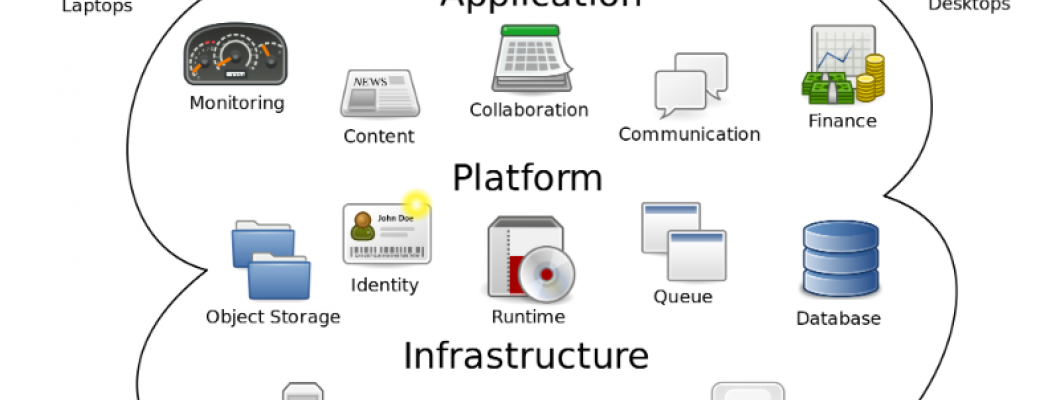
Cloud Hosting vs. Dedicated Servers: Which is Better for Web Applications?
Choosing the right hosting solution is crucial for the performance, scalability, and reliability of web applications. Two of the most popular options are cloud hosting and dedicated servers. Each has its advantages, disadvantages, and specific use cases. This article will guide you through the differences between cloud hosting and dedicated servers, helping you determine which is the best option for your web application.
What is Cloud Hosting?
Cloud hosting leverages a network of virtual servers that pull resources from multiple physical servers to host applications and websites. The cloud environment is known for being scalable, flexible, and highly available.
Key Features:
- Scalability: Cloud hosting allows you to scale resources up or down based on the demand of your web app. You only pay for the resources you use.
- Redundancy: Since cloud hosting relies on multiple servers, if one server fails, another server in the network can take over, reducing downtime.
- Flexibility: You can configure the environment as per your requirements, whether you're hosting a small app or a large, resource-intensive project.
- Cost-effective: Cloud hosting generally follows a pay-as-you-go model, making it affordable for businesses that experience fluctuating traffic.
Advantages of Cloud Hosting:
- Automatic Scaling: With cloud hosting, you can easily manage unpredictable traffic loads. If your web application suddenly experiences an increase in visitors, the cloud can automatically allocate more resources.
- High Availability: Cloud services usually have built-in redundancy, ensuring that your app remains accessible even if one of the servers fails.
- Global Accessibility: Cloud hosting providers often have data centers worldwide, enabling faster content delivery to an international audience through content delivery networks (CDNs).
- Pay-as-You-Go Pricing: With cloud hosting, you only pay for the resources your web app uses, making it more cost-effective for businesses with dynamic workloads.
Disadvantages of Cloud Hosting:
- Security Concerns: Cloud hosting is generally secure, but shared environments can be vulnerable if not properly managed. Some businesses may feel uneasy about storing sensitive data in a shared virtual environment.
- Limited Control: Users have less control over the underlying infrastructure as it’s managed by the hosting provider. Customizing server settings can be limited.
What is a Dedicated Server?
A dedicated server provides exclusive access to all the resources of a single physical server. Companies that require high performance, complete control, and privacy often favor this option.
Key Features:
- Exclusive Use of Resources: All of the server's CPU, RAM, and storage are allocated to your application.
- Customization: You can configure and manage the server according to your specifications, including choosing the operating system, software, and security settings.
- Performance: Since the server is dedicated solely to your web app, you get maximum performance, particularly beneficial for resource-intensive applications.
Advantages of Dedicated Servers:
- High Performance: Dedicated servers provide robust performance, making them ideal for resource-heavy applications such as gaming, video streaming, and large e-commerce websites.
- Complete Control: With dedicated servers, you have full root or administrative access, enabling customization of security protocols, software configurations, and server management.
- Enhanced Security: As the server resources aren’t shared with other users, dedicated servers offer a higher level of security, which is essential for businesses handling sensitive data or running financial services.
- Predictable Performance: The performance of a dedicated server doesn’t fluctuate based on other users, providing consistent speed and uptime.
Disadvantages of Dedicated Servers:
- Higher Costs: Dedicated servers are more expensive since you’re paying for the exclusive use of a server. The cost includes both the physical hardware and any additional maintenance fees.
- Limited Scalability: While dedicated servers are powerful, they don’t scale as easily as cloud solutions. If your web app needs more resources, upgrading may require moving to a new server, which can result in downtime.
- Management Overhead: Managing a dedicated server requires more technical expertise, as you’re responsible for software updates, security patches, and overall server maintenance. Some hosting providers offer managed services, but that comes at an additional cost.
Which Option Is Right for You?
Ultimately, the decision between cloud hosting and dedicated servers comes down to the specific requirements of your web application.
- Cloud hosting is best if you need flexibility, scalability, and cost-efficiency, especially for applications with dynamic traffic patterns.
- Dedicated servers offer maximum performance, security, and control for mission-critical or resource-intensive applications.
If you’re unsure which to choose, many businesses opt for hybrid hosting, which combines the scalability of cloud hosting with the performance and security of a dedicated server. This approach provides the best of both worlds and can be tailored to meet your specific needs.
Conclusion
Choosing between cloud hosting and dedicated servers is not a one-size-fits-all decision. Each hosting option has its unique benefits and drawbacks, depending on the performance, scalability, security, and control your web app requires. By understanding these differences, you can make an informed decision that aligns with your business objectives, ensuring optimal performance for your web applications.

Leave a Comment